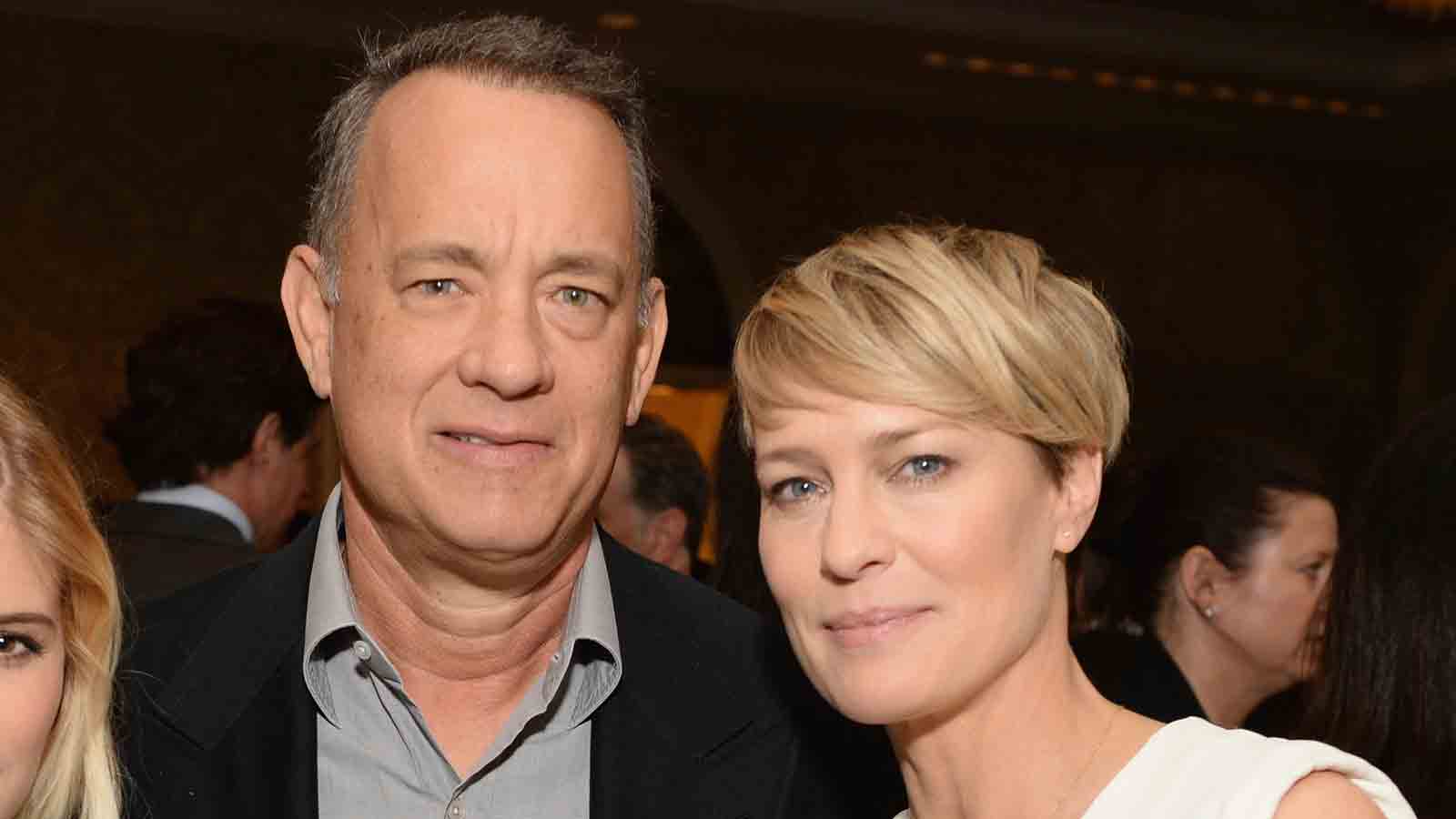
The internet is assigning unusual labels to men again — this time, by fawning over how “rodent”-like they are.
“Hot rodent men” are apparently in season, according to a flurry of online articles and social media posts defining a new category of unconventionally attractive men.
These men tend to have more angular facial structures, beady eyes, untidy hair, and are often lankier than the typical Hollywood heartthrob, although those descriptors don't always apply uniformly.
Essentially, they have what could be described as vaguely rat-like facial features.
The trend, however, has garnered some criticism online. Some internet users noted that even if terms like “rodent” are used with the intent to compliment, it can still be offensive to compare people to rats. Others pointed out that the men mentioned in these discourses almost always appear to be white.
Many are naming the likes of Timothée Chalamet, Jeremy Allen White, Barry Keoghan, Mike Faist, Josh O’Connor and Matty Healy — some of the most talked-about male celebs in recent months — as examples of hot "rodent" men.
The idea gained traction after the April release of “Challengers,” which stars Faist and O’Connor as the male protagonists involved in a love triangle with a former tennis star. The two were soon memed online after viewers noticed their supposed resemblance to mice, particularly cartoon ones.
Entertainment News
One viral X post noted that O’Connor “looks like a very kindhearted mouse who got turned into a prince,” while another commented that Faist is what Stuart Little, the small animated mouse that stars in a popular children's movie series, would look like “if he was human and hot.”
Feeling out of the loop? We'll catch you up on the Chicago news you need to know. Sign up for the weekly Chicago Catch-Up newsletter here.
Weeks after the initial “Challengers” hype, discourse about the “hot rodent boyfriend” began proliferating mainly through media outlets and tabloid headlines. It even prompted debate within the New York Times styles team, which ran an article analyzing who exactly constitutes a “rodent man.”
Categorizing men into slightly obscure (yet intuitive) categories is a favorite internet pastime. One X post that sparked popular debate last year deemed men as falling into one of four categories: eagle handsome, bear handsome, dog handsome or reptilian handsome.
But the “rodent” man is just the latest iteration of these ever-evolving terms and phrases popularized to describe the type of man the internet seems to collectively find attractive at the moment.
Last year, the hottest male celebs were “so babygirl,” a gender-neutral term of endearment with no clear definition — just vibes. For a while, “golden retriever boyfriends” (often described as goofy, kind and fiercely loyal) were the trendy archetype to covet. And prior to that, a slew of specific Hollywood casting choices and celebrity couples had made “sickly, skinny, white men” distinctly desirable.
Many such trends focus on some aspect of unconventional attractiveness in these men, fixating on certain physical or personality attributes that deviate from traditional ideas around masculinity. Much of it is also linked to the internet’s obsession in recent years with what’s often described as “medium ugly” men, or those who don’t fit conventional male beauty standards.
These ephemeral infatuations with certain quirks usually stay only until new pop culture events and online trends inspire a change in desires.
But for now, the internet seems convinced that it’s going to be a “rodent man” summer.
This article first appeared on NBCNews.com. Read more from NBC News here:



